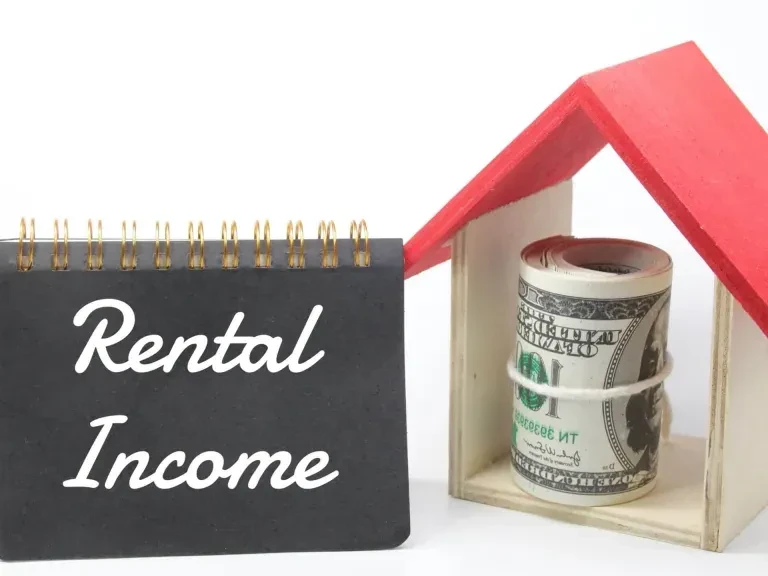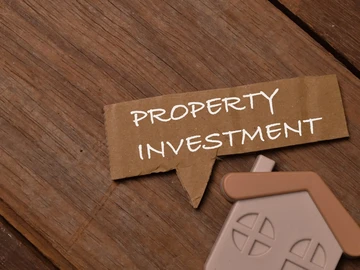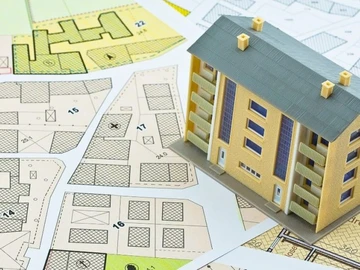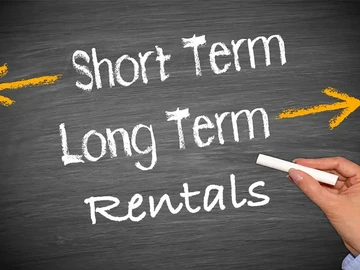Already own a rental property and looking to grow your portfolio? Good news: you can leverage your existing rental income to finance your next property purchase.
In Zimbabwe’s evolving property market, savvy investors are using the income from one property to build a self-sustaining real estate portfolio. But how exactly does that work and what do you need to know before starting?
This guide explains how to use rental income to buy your next house, stand, or flat even in a market with limited mortgage options.
Why Use Rental Income for Property Investment?
Rental income is one of the most consistent and reliable forms of cash flow in Zimbabwe, especially in high-demand areas like Harare, Chitungwiza, Bulawayo, and Ruwa.
With rentals averaging:
- US$300–$500/month in medium-density suburbs
- US$150–$250/month in high-density areas
- Up to US$1,500/month in upmarket properties (e.g., Borrowdale, Pomona, or Mt. Pleasant)
...this income can become a powerful funding tool for your next investment.
1. Save and Reinvest the Rental Income
The most straightforward approach is to save your rental earnings until you can afford a deposit or full payment for another property.
How It Works:
- Open a separate account for your rental proceeds
- Reinvest savings into a stand, core house, or cluster unit
- Target off-plan or flexible payment plans that accept deposits as low as 10%–20%
Example:
If your property earns US$400/month, that’s US$4,800/year. In 2–3 years, you could have enough for a deposit on a US$20,000–US$30,000 property.
Pro Tip: Browse affordable listings with developer payment plans on Property.co.zw.
2. Use Rental Income to Qualify for a Loan or Mortgage
If you’re applying for a mortgage or personal loan, rental income can boost your income profile and improve your chances of qualifying especially if you have:
- Signed lease agreements
- Consistent payment records
- A legally registered property or title deed
Which Banks Consider Rental Income?
Some Zimbabwean lenders including FBC, CBZ, ZB Bank, and NMB may factor in rental income when evaluating your affordability, particularly for diaspora clients.
Tip: Keep proper documentation and bank statements to prove your rental income stream.
3. Borrow Against an Existing Property
If you own a property with a title deed and no mortgage, you can apply for an equity release loan using that property as collateral.
How It Works:
- Your existing property secures a new loan
- The bank provides a lump sum or facility
- You use this capital to invest in another property
Pros:
- Fast access to large capital
- No need to liquidate your existing asset
Cons:
- You risk losing the property if you default
- Limited to titled properties
4. Bundle Multiple Rentals into a Cash-Flow Portfolio
If you own multiple small units such as rooms for rent or high-density cluster flats you can combine their income streams to support a new purchase.
This approach is increasingly popular in areas like:
- Chitungwiza (Zengeza, Unit L, Unit N)
- Budiriro or Dzivarasekwa
- Cowdray Park in Bulawayo
By showing a strong monthly income, you can:
- Secure developer financing
- Negotiate with sellers for staggered payments
- Access non-bank lenders or property cooperatives
5. Partner With Investors Using Your Rental Income as Equity
You can use your rental income and the property itself as part of your contribution in a joint venture or co-investment.
How It Works:
- Partner with someone who has capital
- You contribute the asset or cash flow
- They contribute funding for the next property
- You share profits, ownership, or rental proceeds
This is a great way to scale your investment faster without 100% upfront capital.
Key Tips for Success
To make this strategy work effectively:
1. Keep Proper Records
Maintain bank statements, receipts, and lease agreements to prove rental income.
2. Maintain Property Value
Keep your rental units in good condition to avoid vacancy and attract steady income.
3. Use Trusted Platforms
List your rental property on Property.co.zw, Zimbabwe’s largest property portal, to find verified tenants and boost your returns.
4. Reinvest Wisely
Don’t let your rental income sit idle. Put it to work by identifying growth areas like:
- Pomona, Madokero, Ruwa, Norton, and Mabvazuva
- Serviced land in growth corridors with road access and schools nearby
Final Thoughts
Using rental income to finance your next property is a smart, sustainable investment strategy especially in a market with limited bank lending options.
Whether you're growing a rental empire in high-density suburbs or planning to develop townhouses in Borrowdale West, this approach lets you build wealth with minimal debt.
Remember: Real estate rewards consistency. The more you reinvest your rental income, the more your portfolio and wealth can grow.
Start planning your next move with the help of verified listings, trusted agents, and property insights at Property.co.zw.
 Continue with Facebook
Continue with Facebook
 Continue with Email
Continue with Email














